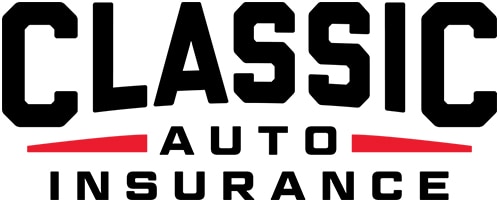
You might not think of a 1995 Impala as a collector’s car, but for a new generation of collectors, that’s exactly what it is. The list of most-collected cars among Millennials – people born between 1981 and 1996 – includes many1990- and 2000-era vehicles that don’t fall into typical collectible categories. They’re not muscle or sports cars. They’re SUVs, station wagons, pickups, gas-sipper imports and souped-up family sedans. For insurance agents, your next client might not be into Corvettes. They might not be able to get enough of some unexpected car model that’s the most valuable thing in the world – to them. It’s your responsibility to educate yourself on what it means to be a collector today and redefine what it means to sell specialty insurance, especially to people of a certain age, their early twenties to late thirties. How can you tell? We’ve gathered a few clues.
Clue #1: Volatile Value
Is your client’s car value on the rise, controversial or difficult to pin down? This is one of the signs that they need specialty insurance for that vehicle. Typical policies focus on depreciation. In the event of a total loss, it will leave your client feeling horrified at the amount of lost value. Agreed value coverage will leave them much happier in the long run -and once they realize how affordable this type of policy can be, they’ll likely be thrilled. Help them understand what agreed value means and how it could put them in a better financial place after a worst-case scenario with their collectible.
Clue #2: Custom Touches
If your client tricked out their car with engine modifications, a flashy interior, an expensive audio system or a custom paint job, it’s time to talk about specialty insurance. Same goes for cars from limited productions and special editions, plus cars purchased from famous people, perhaps through one of those flashy online auctions. These are all unique situations where the true value of the car can’t be touched by a typical policy. A specialty policy offers better protection.
Clue #3: More Cars Than Drivers
Are there more cars than drivers in the household? If so, you’re looking at a collector, whether they completely identify with the description or not. Let’s say you have a two-person household, husband and wife. They have three cars: two sedans they each drive to work on weekdays, plus a vintage Jeep they drive during weekend road trips. They might not feel like collectors, but they are. They’re at high risk for an expensive vehicle loss, because they do so much driving for both work and pleasure.
Clue #4: Affectionate Language
Listen to the language they use when talking about their cars: baby, lady, pal, toy, “just for fun.” Sometimes people use these words to downplay the value of their vehicles, because they don’t want to come across as overly fond of a car. These clients aren’t motorheads. They might say, “Aw, she’s just an old friend for sunny days.” Clearly, this is a special vehicle and needs specialty insurance. For this kind of client, you might need to do some gentle prodding that helps them understand the true value involved, and what it would mean to lose their old friend.
The Classic Auto Insurance Difference
As an independent agent, your goal is to find the best protection possible for your collector clients. Saving them money strengthens the loyalty they give you and keeps them coming back. In partnership with Classic Auto Insurance, you can offer the coverage and options a collector wants, tailoring policies to fit their needs and doing it for less than what a standard auto policy might cost. Agent partners also enjoy a minimum commission of 10% for every new and renewed policy. To become a referring agent, contact us today.
Learn more about how to fully protect a classic »
e-Newsletter Subscription
Like what you see? Get Classic Auto Agent’s Corner in your mailbox. Complete the contact form on our website and we will add you to our growing list of subscribers.





